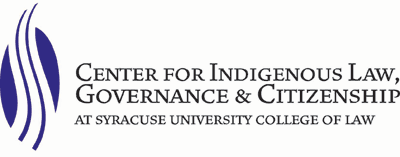Those involved in or following our
Mediterranean Project might find the following interesting:

As part of the annual
Mediterranean Meeting to be held in Mersin, Turkey (March 20-23, 2013) Daniel
Monterescu and I are coordinating a workshop on the links between violence,
pluralism, urbanism and the 2011 uprisings in the Middle East, North Africa and
Southern Europe.
Violence of Pluralism: Urban Transformations and New
Political Subjectivities in the Rebellious Mediterranean
We seek empirical and theoretical
papers addressing these processes from young and established scholars in the
social sciences and humanities. Contemporary and historical perspectives are
both welcome.
The organizers will provide
partial funding for travel expenses of select participants.
The deadline for abstract
submission is September 15. Decisions will be made my early October. Final
papers are due by February 15.
For more details see: http://www.eui.eu/DepartmentsAndCentres/RobertSchumanCentre/Research/InternationalTransnationalRelations/MediterraneanProgramme/MRM/Mrm2013.aspx
To send your abstract, fill in the
online form at: http://www.rscas.org/application/?p=apply&appl=mrm2013




